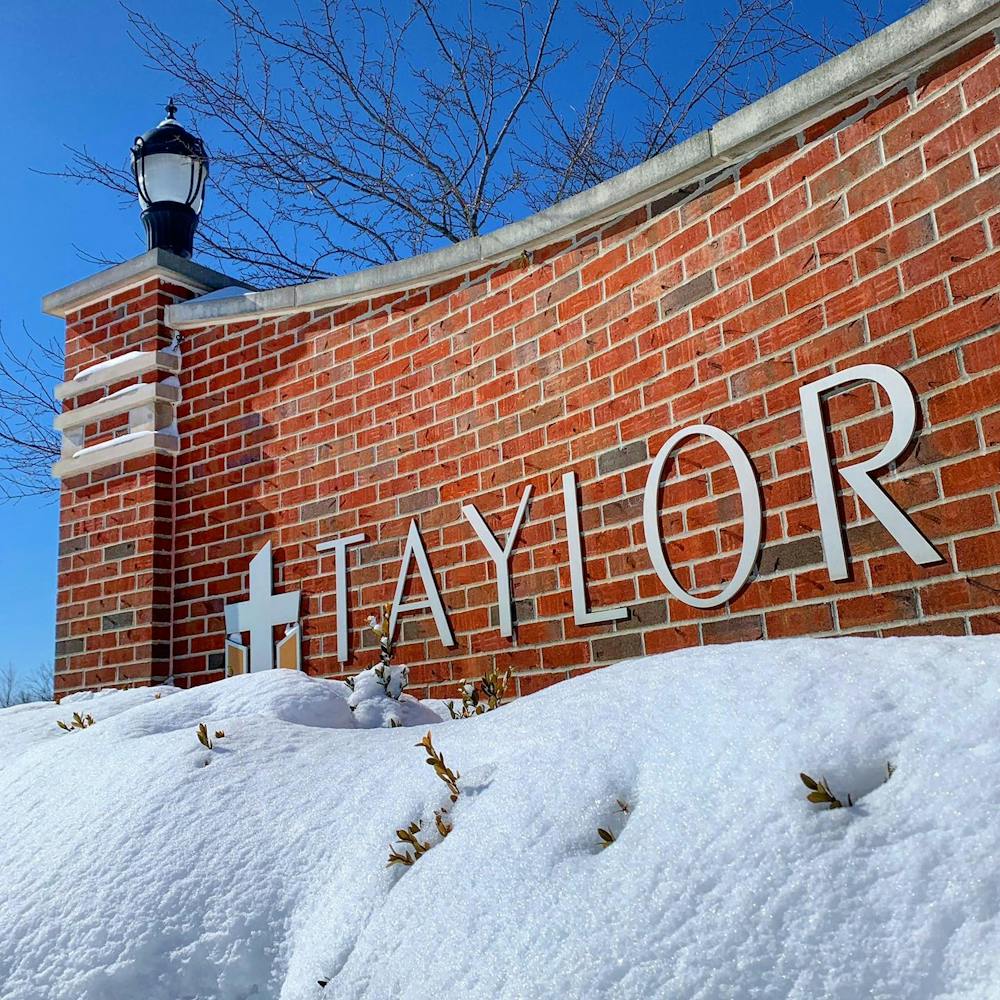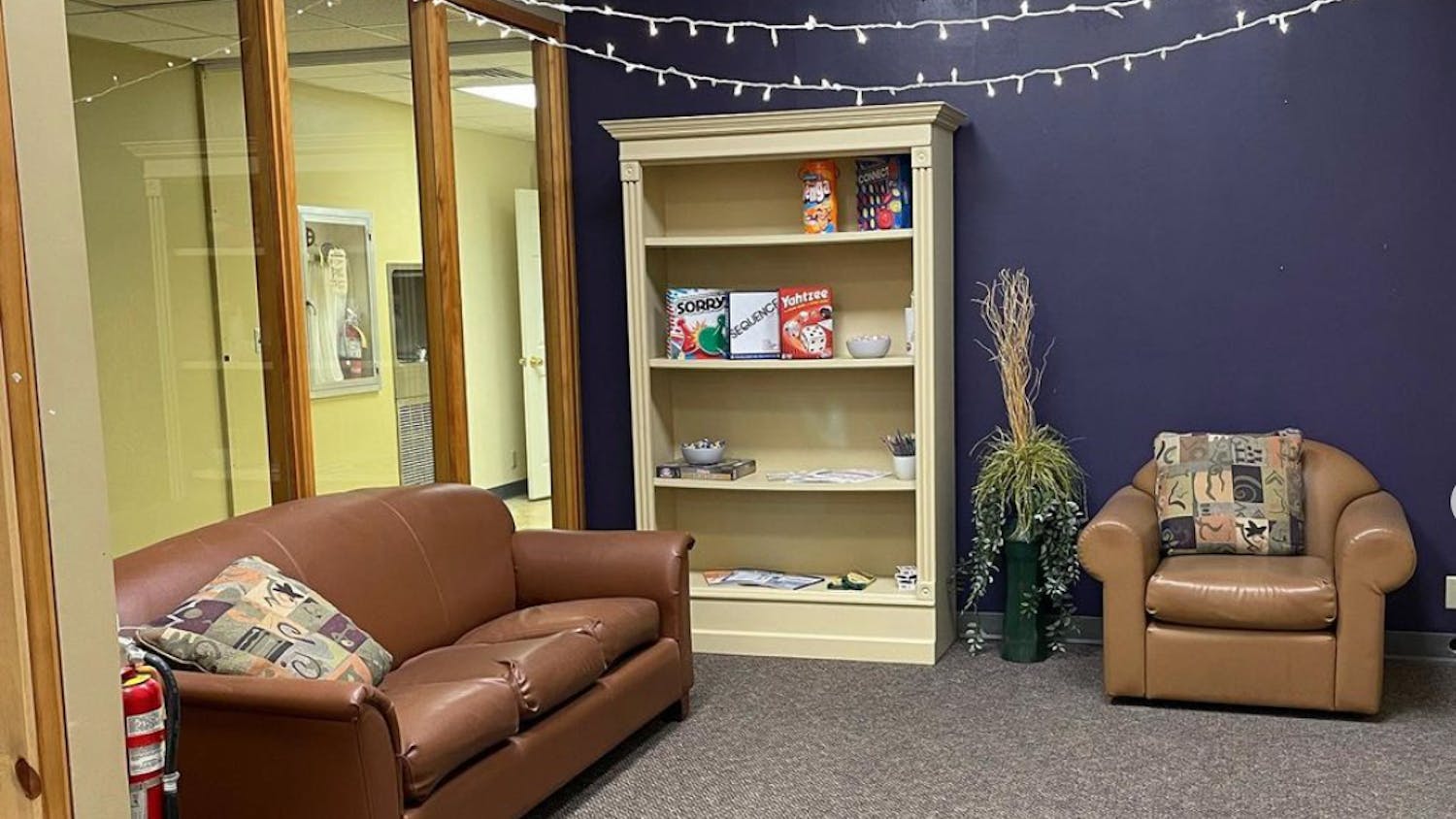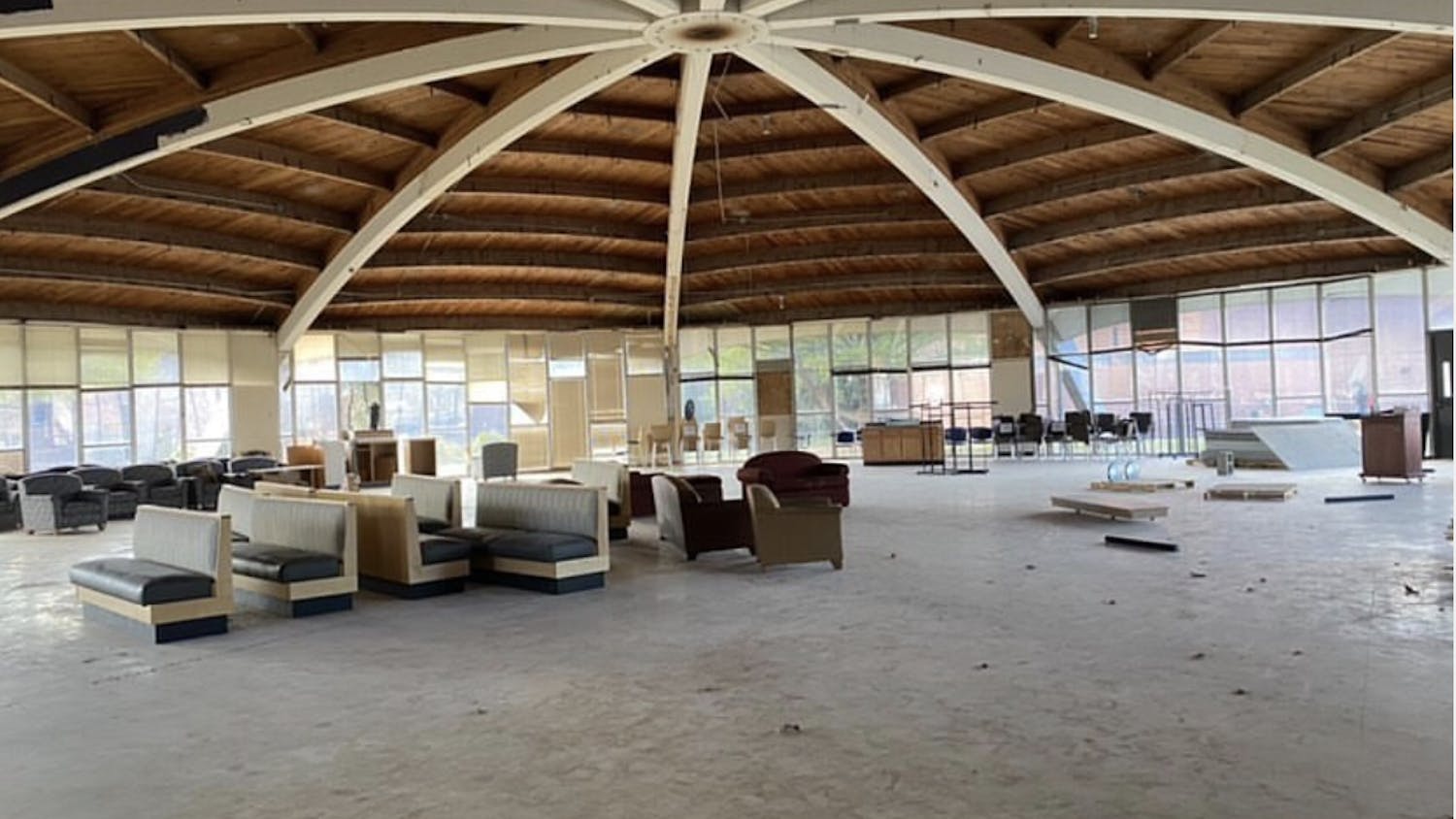It’s no shocker that communication information during the pandemic has been difficult.
As scientists and experts learn about COVID-19, there are constantly evolving suggestions and guidelines. Just think — at the start of this all, we were initially advised that masks and face coverings were not necessary. Now, none of us could imagine venturing out in public so bare.
Returning to campus has not made us exempt from these challenges.
Since the beginning of the Fall semester, so many things have changed. Initially, all close contacts had to quarantine in Haakonson Hall for 14 days. The interaction between wings of the same building was discouraged, and many were unsure if we could remain on campus for more than a couple of weeks. Now, quarantined individuals can stay in the dorms for the required seven days and open hours have returned with limitations.
However, it’s not the changes or quarantines that have brought frustration with administration — it’s the lack of communication.
Although every Friday we receive emails from the Pandemic Re-opening Team, known as PeRT, many students feel like they rarely understand the expectations.
Most recently, it was initially announced at the beginning of J-term that students would not need to quarantine if they participated in the optional on-campus testing during the first two weeks.
“We have not made this mandatory,” Paige Cunningham, interim president, said in her Jan. 8 chapel sermon. “Why? Because that’s not how we do things at Taylor… those of you who aren’t participating may find yourself in quarantine because that’s the only option we have.”
Just a few hours later, however, the PeRT website was taken down and later returned without the quarantine exemption.
Skip Trudeau, vice president of student development and member of PeRT, attributed these situations to the changing recommendations of the CDC.
“Some of the decisions we made on the best information we had at that time, and literally it could be the next day and that’s changed,” Trudeau said.
That said, no announcement was ever made clarifying the change. Students only found out the change when they were called into quarantine despite participating in testing.
“Communication is the hardest piece of this whole process,” Sutherland said. “We try to be consistent with the emails every Friday. We’ve developed some consistent ways to (communicate,) but things can always be better.”
According to Donna Downs, associate professor of media communications, Taylor University has no strategic communicator in charge of relaying these changes. It’s entirely dependent on PeRT and the COVID response team.
Because of this, communication is inconsistently handled — sometimes news comes in the form of weekly emails or all-hall meetings, but other times things can just be lost in the mess of it all. When looking for clarity on the website, covid.taylor.edu, there are very few updated answers.
“I think they probably assume it’s being communicated because there’s so much going on,” Downs said. “But it never makes it down the grapevine… we need someone who’s appointed to be in charge of communication, not just related to COVID.”
We understand that these are incredibly difficult decisions. None of us are envious of the position to balance the physical and mental health of an entire student body with the ethical and financial implications of those decisions.
However, we have a right to be informed about decisions that affect our everyday life as students. At the very least, our hall directors and Personnel Assistants — the people we normally go to for guidance — should be kept in the loop. More often than not, our residence leaders find out changes at the same time as the rest of us.
Communication was the failure of last semester. Everything was new, but no one knew what to do. The lack of communication only created anxiety and chaos, which was evident in the interactions within our classes, wings and friend groups.
Moving forward, communication should be of the utmost priority. There should be someone in charge of coordinating communication in a way that is accessible on the website or clearly relayed through campus announcements. Taylor needs to do better.





